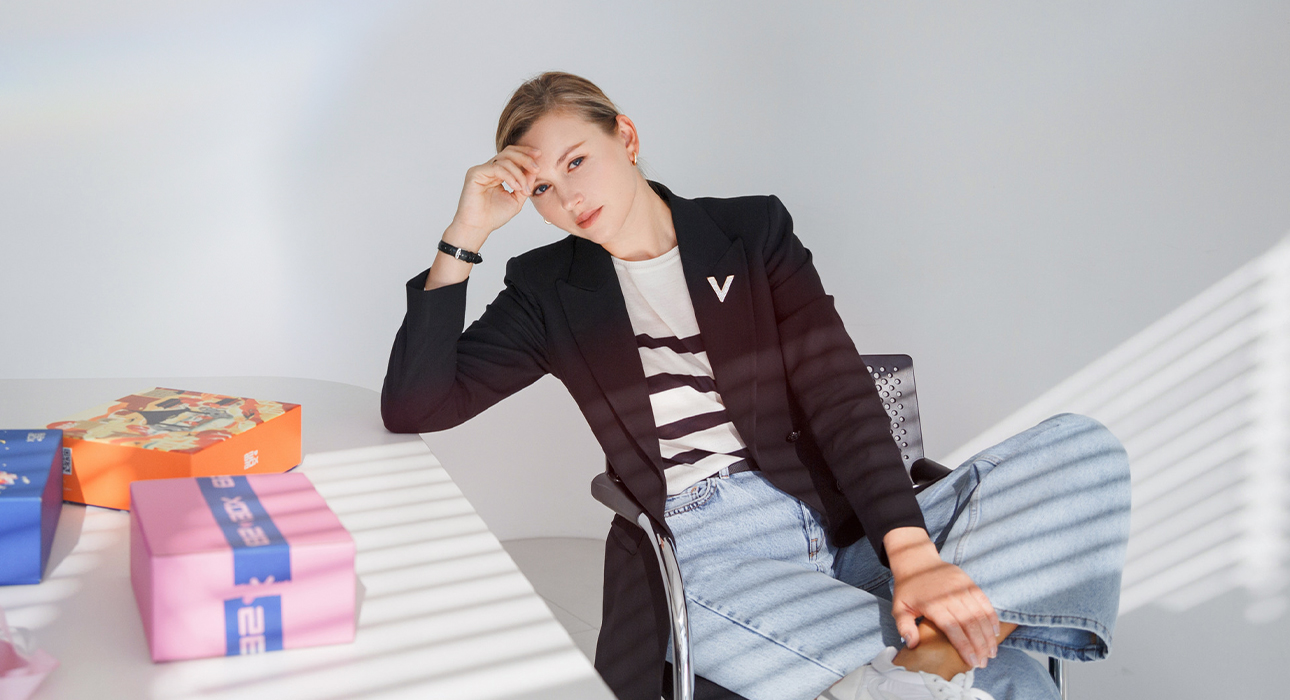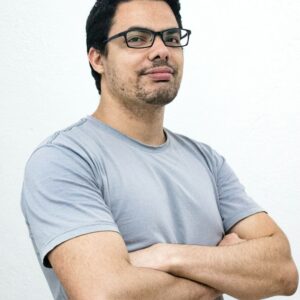These days, perhaps every beautyaholic knows that Korean cosmetic sets sell out within the first 30 seconds after the sale. While thousands of buyers are waiting for closed pre-orders, the number of boxes sold recently exceeded 223 thousand. For three years of the project’s existence, the 82Box team each time, collecting a new box with cosmetics, thinks: “What if this is the last time? Then let it be the best.” We are sure that this approach is what makes their boxes truly unique.
The history of 82Box began in 2014, when Masha moved to Seoul with her husband. The idea of creating a box came about by chance. Her friends regularly asked Masha to send Korean cosmetics to Russia, and at some point she realized that she could not find the brands they were talking about. It turns out that most of the brands presented in Russia are produced for export, but in Korea they do not know about them. Then Masha began to send her friends things that were really popular among locals, and they were amazed at the quality of real Korean cosmetics. The desire to introduce this to more people resulted in the idea to create the box. At that time, interest in Korean cosmetics was just emerging in Russia, so Masha and her team rightfully consider themselves significant contributors to the popularization of these cosmetics.
We spoke with 82Box founder Masha Nikitina and found out how difficult it is to do business in Korea and what her favorite Korean brands are.
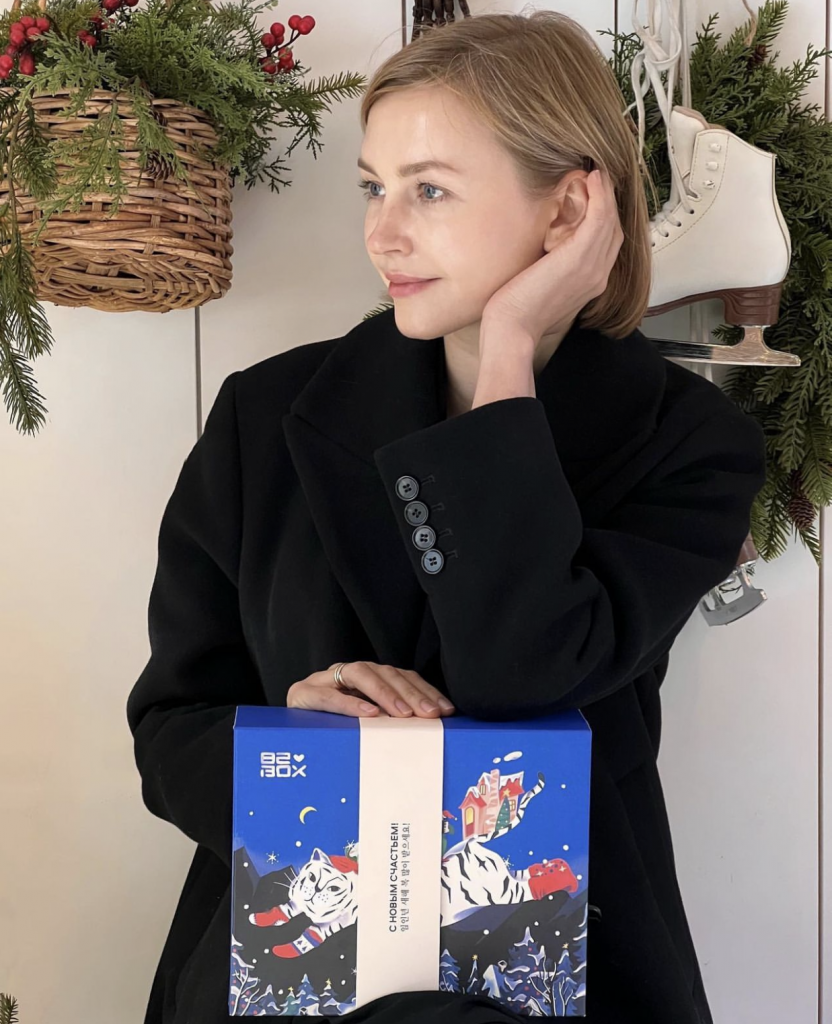
How is Korean skin care different from Russian skin care?
Korea promotes 10-step care. But our customers are not ready to have so many jars and want a more optimal option; They limit themselves to five or six products. This is what distinguishes Korea from Russia. As experts, we believe that 10 steps is really too many.
Are Asian cosmetics suitable for Russian skin?
The statement that Korean cosmetics are suitable only for Koreans is a myth. It suits everyone, but like others, it can be divided by skin type. One of the oddities is that Koreans love to add high-quality natural extracts. And this is always associated with the risk of individual intolerance, for example, allergy to honey or aloe. By the way, many European brands are produced here in Korea.
How do you choose cosmetics for your boxes?
We go to Korean stores regularly, but even here we don’t have all the assortment available in the country’s market.
In Korea, everyone is a workaholic and most shopping is done online. For this reason, cosmetic stores that can be found in Seoul are generally aimed at tourists. And many of the best products can only be purchased online.
And this is not strange; When you finish work at 23:00, which is absolutely normal here, all the shops close.
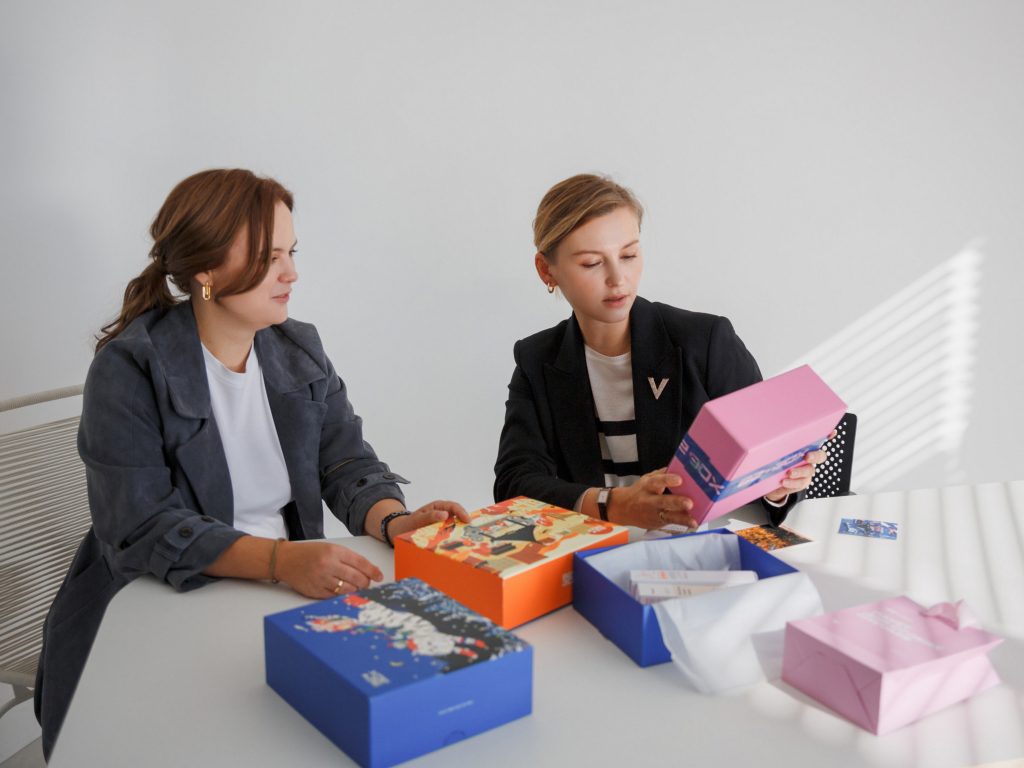
We select the products in the box according to the following criteria: composition, research, testing. There is a private university that conducts cosmetic tests for this purpose. We get new products and interesting technologies, a new look. Since our team consists of people with medical education, we look at the frills of marketing and simple slogans cannot buy us.
Which cosmetic products did you first introduce your customers to?
We were one of the first to introduce customers to product formats such as the stick mask, cushion, and coloring serum for cheeks and lips. We are 100% against new products in general, and many of our customers can no longer imagine their skin care without toners or essences, and they make it clear to us if they do not see these products in the new box.
Do Koreans buy your boxes themselves?
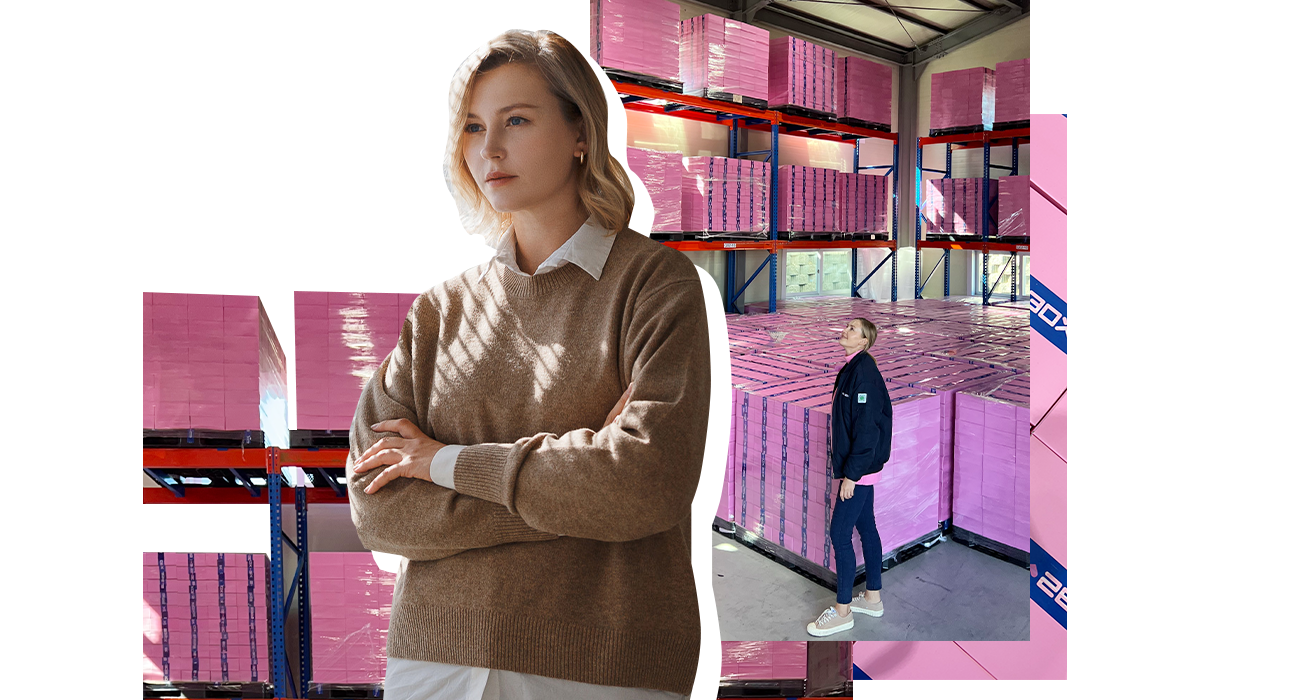
We have no right to promote boxes in Korea – these are our terms of working with brands. But there are many people who want to buy them. A recent case of delivery from Moscow to Seoul: The box is going home because we couldn’t sell it here, and the buyer wanted to buy it so much that he ordered it to his friends’ address in Moscow, and they sent him the box. box back to Korea.
What are the main differences between doing business in Russia and Korea?
seasonality. In Korea, the peak in cosmetics sales occurs in the summer, while in Russia this is often the biggest decline of the year. Buyers’ demands are also different – Russian speakers are the most demanding in terms of quality, packaging and service.
Moreover, bureaucracy In Korea, this is much simpler, reduced to a minimum – here you can open a company in one day, rent premises, connect all services to your business literally in one click. The country understands the value that business brings through taxes and helps it in every way possible.
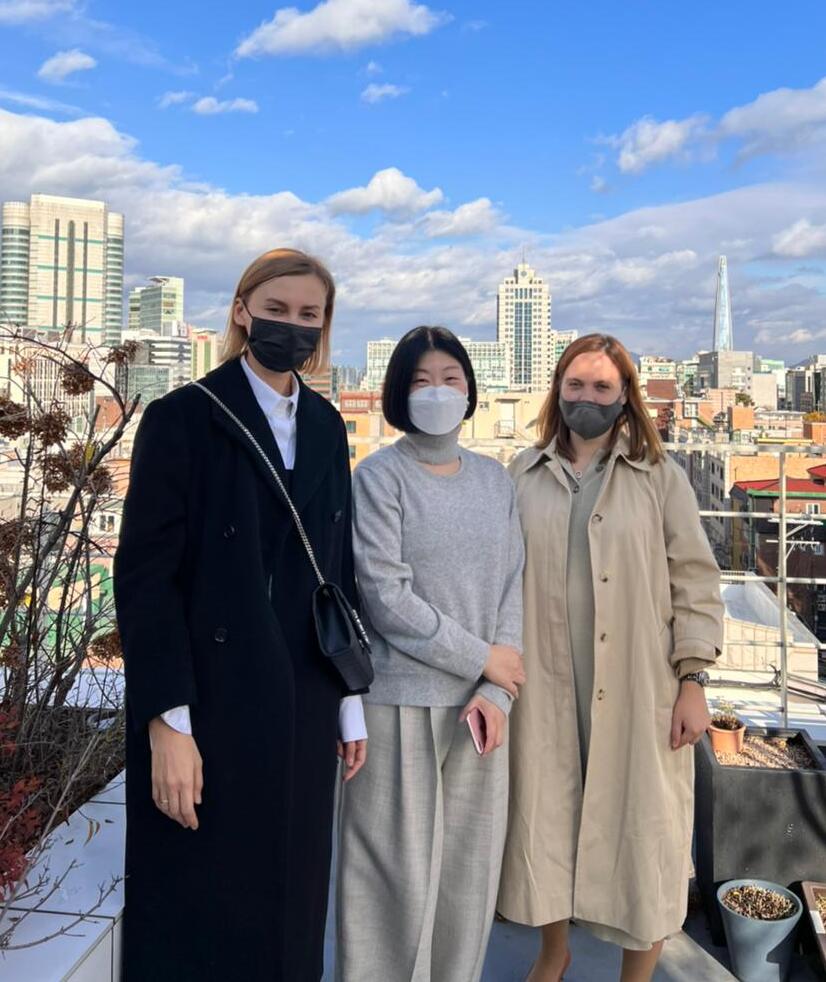
In Russia, you can approach an entrepreneur you don’t know yet with an idea and an offer to join forces. In Korea, everything is completely different – here it is culturally written that between you and the person with whom you want to do business, there should be a person who introduces you to each other, who is behind the scenes for both parties. guarantor of trust. It worked exactly the same way in our case. Julia acted as guarantor. By then, she had established herself as a reliable partner in the Korean market and had established good relationships with cosmetic brands. We met Yulia by chance at the playground where we took our children.
Have you considered creating your own cosmetics brand?
We are already working on our product. Technically, this is very easy to do if you are not going to make some kind of revolution. You can create a product line in 6-12 months, but it will be something that has already been done before you, just in your packaging.
We are not looking for easy ways, we do not want to make cosmetics just for the sake of doing it, so for two years we have started a process to bring to market a product that will be new in every sense. .
Independent development is a very long process.
What are your personal favorite Korean brands?
This is a very difficult question… Let me think about it. Probably Ma:nyo, Juice to Cleanse and d’Alba.
Source: People Talk
I’m Roger Gritton, and I’ve been writing for the The Fashion Vibes for over 5 years now. My specialty is beauty news; I’m passionate about covering the latest trends, products, and innovations in the industry. In my time there, I’ve become known as an authority on all things beauty-related.
I love discovering new experts to interview, researching up-and-coming ingredients and techniques that are making their way onto our beauty shelves and highlighting people who are making a difference in the world of cosmetics. My work has appeared not only on The Fashion Vibes, but also several other publications including the New York Times Magazine, Allure Magazine and Refinery29.

